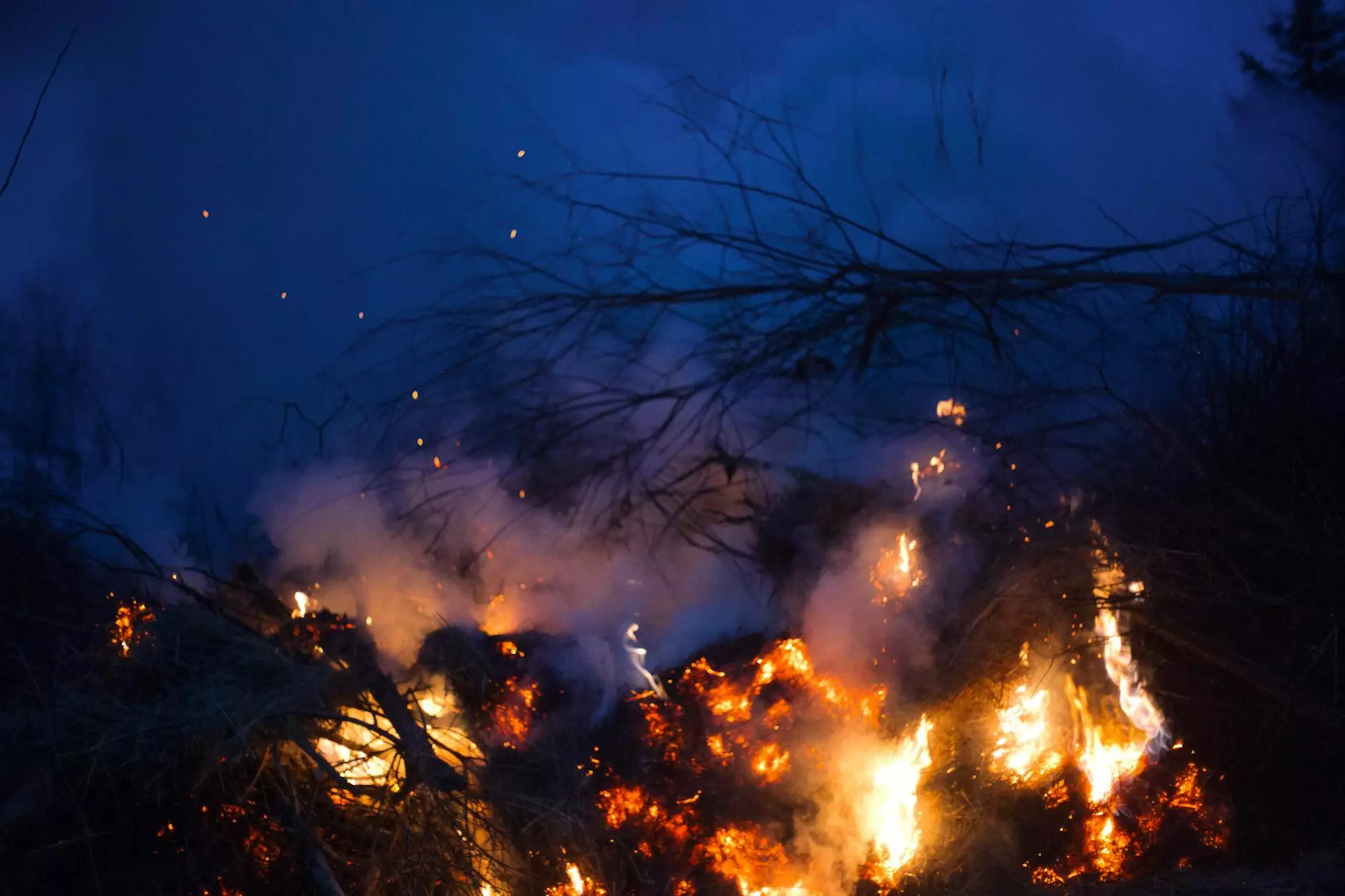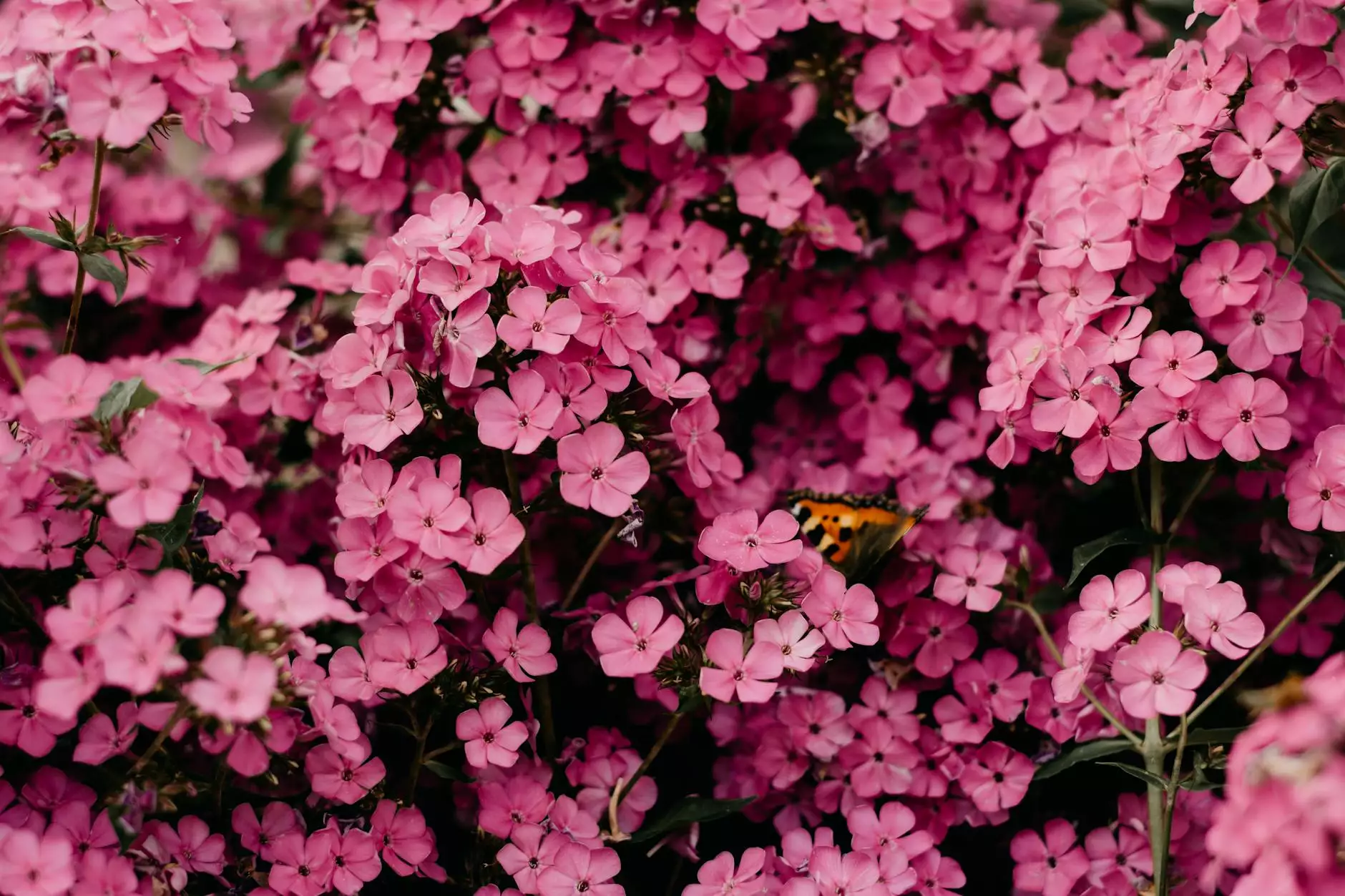Impact of Climate Change on Monarch Butterfly - Studybay
Book Reports
Introduction
As climate change continues to pose an imminent threat to our planet, one of the most impacted species is the Monarch Butterfly. The Knowledge Nest, a leading authority in the field of environmental conservation, explores the profound effects of climate change on the survival and migration patterns of these majestic creatures.
The Monarch Butterfly's Journey
The Monarch Butterfly (Danaus plexippus) is a remarkable insect known for its vibrant orange and black wings, which serve as a symbol of beauty and resilience in the natural world. Every year, these butterflies undergo a spectacular migration journey spanning thousands of miles, from their breeding grounds in North America to their wintering sites in Mexico.
Adaptation and Sensitivity
Monarch Butterflies have evolved to thrive in specific habitats, relying on milkweed plants for laying their eggs and providing essential food for their caterpillars. However, with the warming climate and changing weather patterns, the availability and abundance of milkweed have dramatically decreased.
This loss of habitat puts immense pressure on the Monarch Butterfly population and disrupts their delicate life cycle. The female butterflies, guided by instinct, lay their eggs solely on milkweed, which now faces challenges from increased temperatures, droughts, and extreme weather events.
Declining Population
Climate change-induced habitat loss, along with other factors such as pesticide use and deforestation, has resulted in a significant decline in the Monarch Butterfly population. According to recent studies, their population has plummeted by over 80% in the past two decades.
The decline in population represents a troubling trend that threatens the fragile balance of our ecosystems. Monarch Butterflies play a crucial role in pollinating wildflowers and other plants, contributing to the overall health of our environment and supporting biodiversity.
The Knowledge Nest's Conservation Efforts
At The Knowledge Nest, we are deeply committed to preserving the habitats of the Monarch Butterfly and other vulnerable species. Through comprehensive research, strategic partnerships, and community engagement, we aim to address the challenges posed by climate change and actively work towards a sustainable future.
Scientific Research
Our dedicated team of scientists and researchers conducts extensive studies to better understand the impact of climate change on Monarch Butterflies. By gathering data on their migration patterns, breeding habits, and habitat requirements, we strive to develop effective conservation strategies.
Habitat Restoration
Recognizing the importance of milkweed plants in the survival of Monarch Butterflies, we actively engage in habitat restoration efforts. Through collaboration with local communities, we promote the planting of milkweed in suitable locations, creating vital stepping stones for the butterflies' arduous journey.
Education and Outreach
Education plays a fundamental role in inspiring change. The Knowledge Nest organizes workshops, training sessions, and awareness campaigns to educate individuals and communities about the impacts of climate change on Monarch Butterflies. By nurturing a sense of responsibility and fostering environmental stewardship, we empower others to take action.
Conclusion
The alarming consequences of climate change on the Monarch Butterfly population demand immediate action. With our unwavering commitment, The Knowledge Nest strives to be at the forefront of conservation efforts and ensure a future where these magnificent creatures continue to grace our landscapes.
Join us in our mission to protect and preserve the fragile ecosystems that serve as a haven for the Monarch Butterfly. Together, we can make a difference and create a sustainable world for all living beings.










